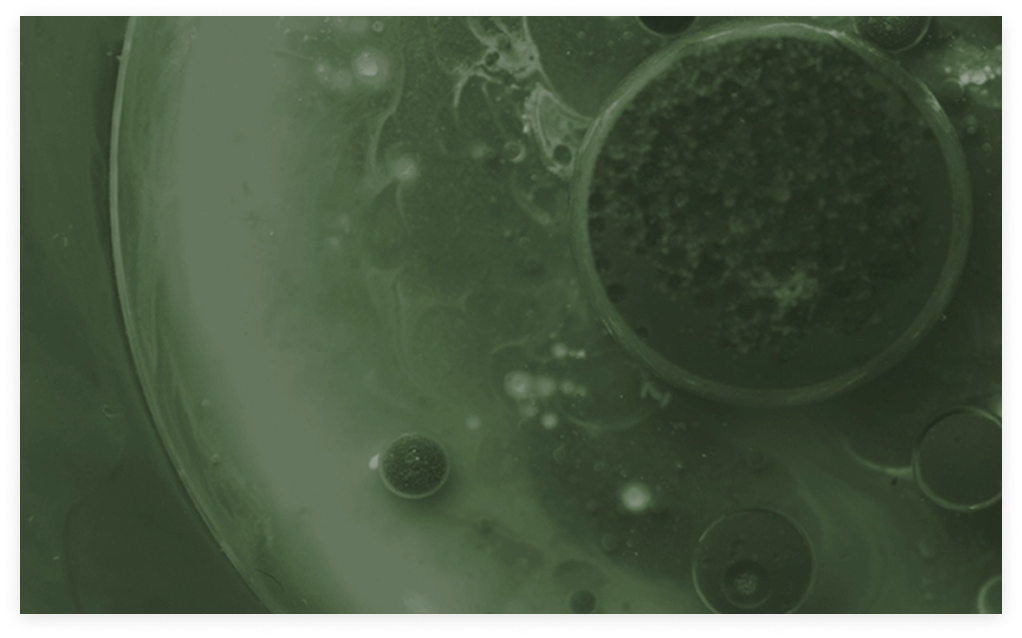Hormonal symptoms can affect energy, mood, sleep, weight, and overall wellbeing. Your Parsley Health clinician uncovers the root cause and guides you back to balance.
Personalized hormone health and balance, for every stage of your life.

"My doctor tamed my raging hormones with compassion, wisdom, patience and a whole-person approach to healing. After a lifetime of struggling with imbalance, she offered simple diet and lifestyle hacks to get my hormones in check and my life back!"
It’s not easy to tell when your hormones are off, but you can definitely feel it.

Hormone Imbalance Conditions We Treat
Acne
Adrenal dysfunction
Anxiety
Brain fog
Chronic fatigue & insomnia
Extreme thirst or hunger
Hair loss
Hashimoto's Thyroiditis
Insulin resistance
Irregular cycle
Low libido
PCOS & Infertility
PMS
Temperature intolerance
Weight changes

Why hormone issues are often hard to diagnose
Hormones don’t operate in isolation. Hormone imbalance symptoms often overlap with other systems. Without a whole-body view, root causes can be missed.
Standard labs may capture only a snapshot in time
Reference ranges don’t always reflect how you feel
Hormonal shifts are influenced by gut health, stress, sleep, inflammation, and metabolism
Symptoms are often treated individually rather than as part of a broader pattern
A physician-led model that combines conventional and functional medicine
Parsley Health delivers functional medicine through a physician-led clinical model designed to be consistent, evidence-based, and deeply personalized. Our clinicians are board-certified and conventionally trained, with additional fellowship training in evidence-based functional medicine. Care is guided by shared clinical protocols and continuously refined through outcomes data, research, and physician oversight.
Our hormone health care is right for you if you have:
Ongoing hormone-related symptoms without clear answers
Symptoms that fluctuate or change over time
Overlapping concerns like fatigue, mood shifts, or weight changes
A desire to move beyond short-term fixes for long-term hormone support

How we approach hormone health at Parsley
We take a comprehensive, systems-based approach to hormone care.
In-depth medical visits that explore symptoms, history, and lifestyle
Advanced and specialty labs (like DUTCH test) and thoughtful lab interpretation to identify patterns over time
Support for underlying hormone issues causing fertility (eg. PCOS), Hashimoto's Thyroiditis, adrenal dysfunction, and insulin resistance
Personalized care plans that integrate nutrition, lifestyle, and medical support
★★★★★
I've had thyroid and hormone issues since I was 14. No doctor was able to discern the root cause of my issues until Ashley Gish, who has been a true partner on my health journey. Being able to see her multiple times a year and communicate with her when I need to has completely changed my mindset around my health.
Jenna A.
Your integrated care team

Each care team is led by a board-certified clinician with advanced training in root-cause medicine. They go deeper to identify and treat the root cause of health conditions.
Complete Care pricing & what's included
(Compare to typical functional medicine visits at $500-$1,000 per session)

12 month commitment required
Insurance coverage may be available for medical visits, depending on your plan, in NY, CA, WA, and OR. Membership covers access to your care team, coordination, and ongoing support. Medical visits are billed separately through insurance, just like care with any other medical provider.
5 in-depth medical visits with a functional health provider focused on root causes
2 functional nutrition coach visits to support lifestyle changes
5-person care team including a clinician, nutrition coach, care manager, clinical coordinator, and member advocate
A personalized care plan across nutrition, sleep, movement, and mental wellbeing
Advanced diagnostic testing access
Secure messaging support between visits
FSA/HSA eligible

5 in-depth medical visits with a functional health provider focused on root causes
2 functional nutrition coach visits to support lifestyle changes
5-person care team including a clinician, nutrition coach, care manager, clinical coordinator, and member advocate
A personalized care plan across nutrition, sleep, movement, and mental wellbeing
Advanced diagnostic testing access
Secure messaging support between visits
FSA/HSA eligible
12 month commitment required
Insurance coverage may be available for medical visits, depending on your plan, in NY, CA, WA, and OR. Membership covers access to your care team, coordination, and ongoing support. Medical visits are billed separately through insurance, just like care with any other medical provider.
Questions?
Explore our Frequently Asked Questions or book a free consultation with a Parsley advisor to discuss your care options.

4 steps to get started
Choose your clinician
Sign up here and schedule your first visit with a board-certified clinician licensed in your state.
Complete pre-visit assessment
Spend about 30 minutes completing a comprehensive medical history, symptom assessment, and lifestyle review so your care team can come fully prepared.
Meet your care team
Work with your care team virtually or in-person. Start with an initial 60-minute visit with your clinician.
Get your plan
Start taking action on your personalized care plan towards better health, with support from your care team each step of the way.
member outcomes
member outcomes
Get more out of medicine than you ever thought possible
Progress you can see and feel
We use our proprietary, clinically-validated Parsley Symptom Index (PSI) to track progress in our care. Parsley members complete the PSI before their first visit and consistently over time establish a baseline of symptom severity and track clinical progress. Nearly 9 out of 10 members report symptom improvement within their first year of care.
Frequently Asked Questions
Parsley Health provides whole-body functional medicine care led by board-certified clinicians. We work with many people experiencing symptoms in this area, especially when symptoms are ongoing, complex, or have not improved with standard care. Care is personalized based on your health history, labs, and goals. If your symptoms have been difficult to resolve or fully explain, Parsley’s approach may be a good fit.
Hormone issues aren't just something you have to live with. We can help.


